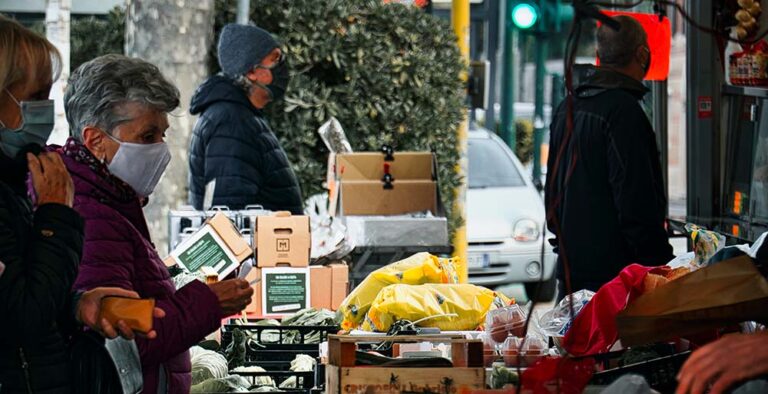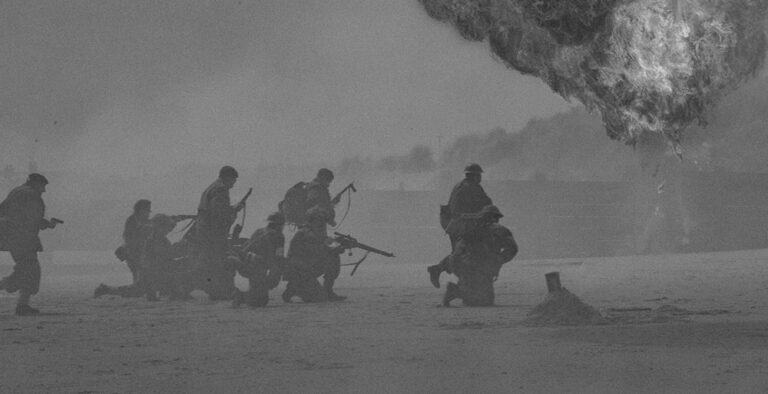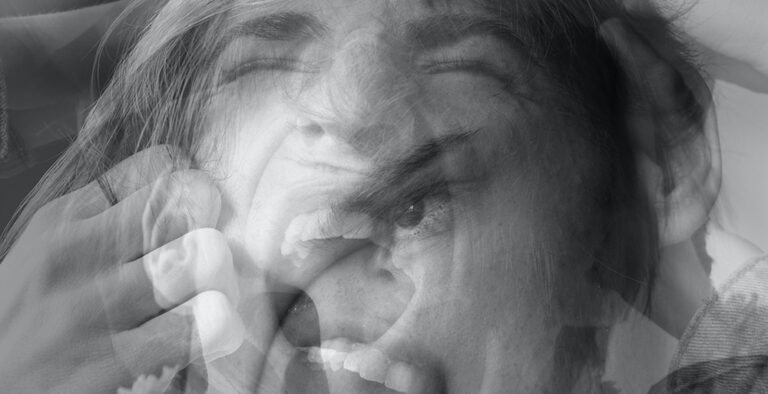M Scott Peck defined four stages or states a group or individual relationship may be in at any one time. Although in a new group or in a workshop where the whole focus is on building community, progress through these stages might follow the pattern below, in relationships and ongoing groups, movement from one stage to another is usually more complex. All the stages are necessary.
The Four Stages
Pseudocommunity
Pseudocommunity and Chaos are the states in which we spend most of our time together. Pseudocommunity is characterised by behaviour which assumes that ‘we’re all the same really’, ‘we all know how to behave’, ‘Everyone is nice and everything is OK’. We act as if there are no significant differences and no cause for conflict. This enables us to function in many everyday situations in public, at work and at home, but does not truly connect us to our fellows as differences are ignored or glossed over. Psuedo-community largely rests on cultural habit and ‘manners’.
Chaos
Chaos or conflict will eventually occur in any group or relationship. It happens when we can no longer maintain our pretence of agreement. We begin to realise that we are not all the same and differences can no longer be ignored. During this stage, our behaviour can be to try to obliterate differences or to make others more like ourselves. We may try to convince others of our point of view or tell others how they should act and feel. Chaos can be explosive and dramatic or more subtle, particularly when differences and disagreements are concealed.
The good thing about chaos is that emerging differences can be addressed.
There are two ways out of chaos. One is to return to pseudocommunity, usually by organising and making rules. The other is through a period of emptying, in which individuals examine what lies beneath the chaos and begin to relinquish their prejudices, expectations, judgements, fears and need to control, fix, heal or convert each other.
Emptiness
This stage is as unique and individual as the individuals undergoing it. It is very unpredictable. We may feel that we do not know what to do or we may know what to do and not want to take the risk of doing it. What is needed today is not necessarily what is needed on another day. It is an essential and mysterious part of building a true community.
Until they themselves have become empty, people may not have the capacity to hear and there will be attempts to distract and ignore the pain. Gradually however, as more do empty, the group will be able to fully absorb what is being said and there will be periods of respectful silence as the group becomes a safe space in which to speak and be heard.
Community
Once a group of individuals has become empty and able to be present to each other a shift into community may occur. There is a feeling of peace, gracefulness and generosity that is instantly recognisable once it has been experienced. People may still have disagreements and conflict, but they are paying attention to each other with respect and engaging with generosity. In community, people can notice and learn from ambiguity and paradox, work together effectively and make and implement difficult decisions.
It is important to know that community may not happen and that if it does happen for some, not all individuals may be experiencing it. Community cannot be techniqued, it is invited and best greeted as a gift.
Adapted from the book A World Waiting to be Born by Scott Peck (Bantam Books, New York, 1993)
The stages or states that people in a group experience will manifest somewhat differently to each individual and on each occasion. The images on this page are subjective choices and not comprehensive illustrations. The state of Community also varies and is probably impossible to represent.
Sign up to receive news and details of events











